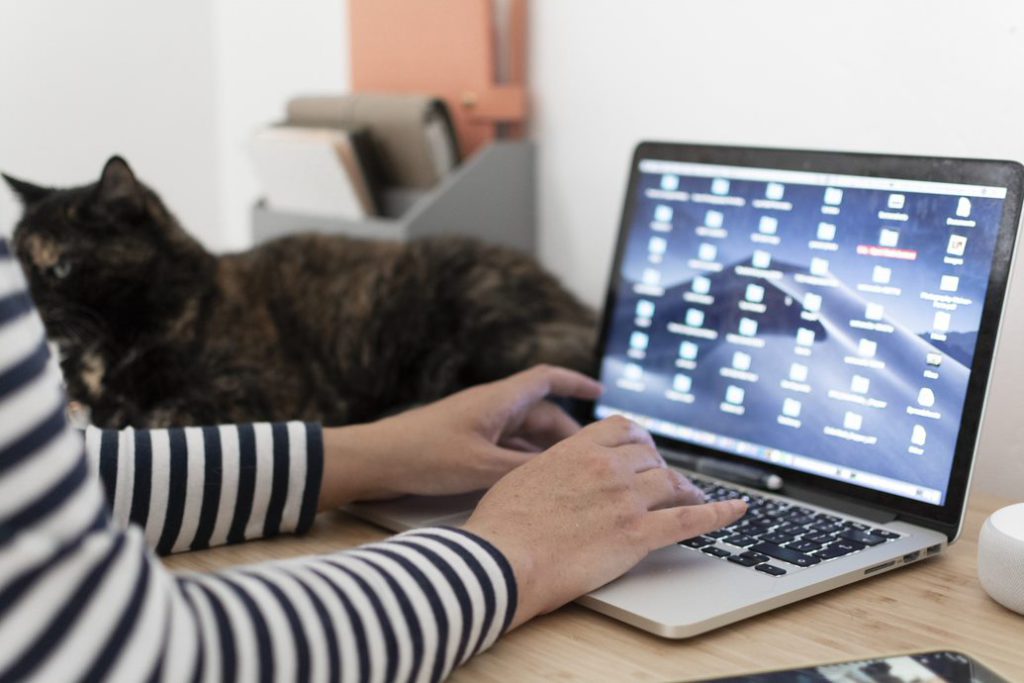Keep Your Information Safe When Online Banking

Here are 5 crucial tips to keep your account safe:
1. Never share your banking credentials
Scammers use text and email messages to trick individuals into giving up their personal information, including User ID, password, one-time password (OTP), digital token, and other credit/debit card details
A recent text scam found to impersonate HSBC Bank contains a link to a fake website, where you will be asked to sign in with your bank credentials. The scammers will record all your keyboard transactions and further use that to get access to your bank accounts – whether to steal your personal data, or use your credit card for online shopping and other fraudulent activities.
Remember! Your bank will not call or send you a message to request for your personal details or banking information. If you receive this kind of requests, please call your bank directly before taking any actions
2. Use a password manager
The real challenge for most people is trying to remember all the different accounts and the corresponding passwords. For convenience, many users tend to use the same password for all their accounts. Furthermore, they often save their passwords by writing them on a notepad. Rather than risking your password from being stolen or misplaced, you should use a Password Manager.
Password Manager is designed to store, manage login information for all the websites you use, and help you log in to them automatically. It encrypts your password database with a master password. That way, you will only need to remember one password to unlock your password vault. In addition to that, Password Manager checks weak passwords and prevents you to reuse them.
3. Keep your devices updated
Computer manufacturers, mobile device makers, and banking app developers update their softwares regularly – not only with new features but also with important security updates. These organizations will often notify you to check your devices for software updates. It is important to update your softwares regularly to prevent vulnerabilities that may be exploited by cybercriminals.
Nonetheless, Internet perpetrators will always look for opportunities to commit fraud or break into your computer. In fact, there are more than 4,000 ransomware attacks carried out daily. Aside from keeping your devices updated, you should also install Antivirus software and enable firewall to improve Internet safety when doing online transactions.
4. Connect on secure networks
Wireless Internet connections are already available in many places like restaurants, coffee shops, and shopping malls. Accessibility of Internet makes online transactions possible at almost anywhere. While you may think public hotspots are secure, they are usually the most vulnerable for cyber attacks. Here are some of the common hacking techniques when connected to a public Wi-Fi:
- Man-in-the-middle attacks: The hackers position themselves between you and the Wi-Fi hotspot to spy on your connection or redirect your information to them.
- Snooping: A hacker can sniff packets on the unencrypted network you are attached to and eavesdrop on your online activities and steal information.
- Spoofing: Hackers can spoof a Wi-Fi network and create an exact copy of it without you noticing it is fake. Once you’re connected, they will have access to your personal information.
- Hi-Jacking: Hackers can take over your session and gain access to accounts you’re logged into.
You can secure your connection online by using a trusted Virtual Private Network (VPN) with bank-grade data encryption. Using a VPN will help secure data in transit and keep your information safe from hackers.
5. Always be in the know
It is important to enable alerts on your banking apps, so you are notified of suspicious login, large withdrawals, purchase limits, and other banking related activities. You should also keep your bank hotline updated in case you need to report any fraudulent or unauthorized transactions on your credit and debit cards.
Call your bank immediately to report fraudulent and unauthorized transactions on your credit and debit cards.